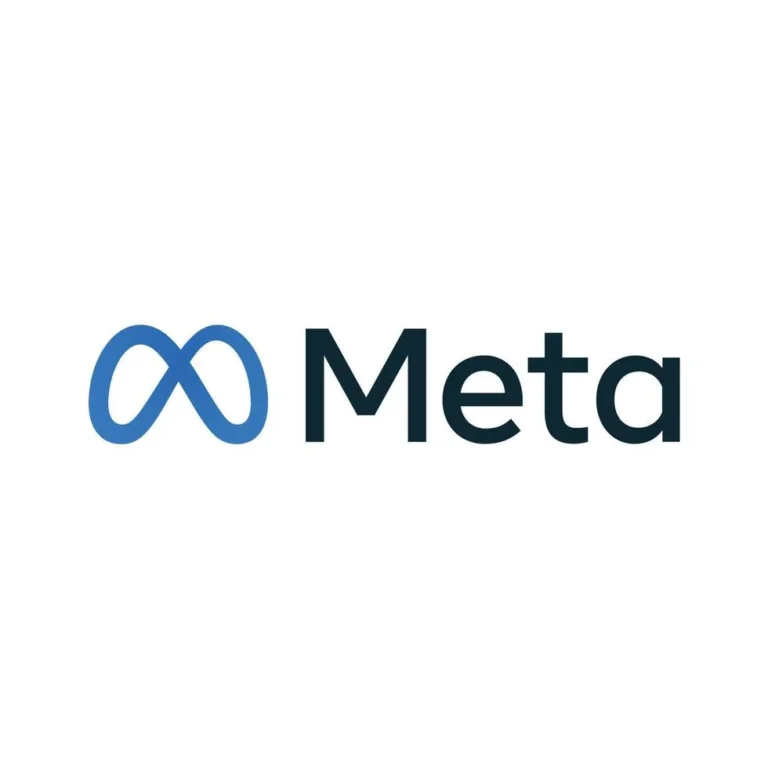Vietnam is planning to tighten its data protection regulations, a move that could restrict data transfers abroad and increase government access to digital information. The proposed law, currently under discussion in Vietnam’s National Assembly, has sparked warnings from U.S. tech companies. These firms argue that the draft law could stifle business growth for social media platforms and data center operators, many of whom rely heavily on cross-border data flows to optimize services and manage operational costs.

Vietnam, a rapidly growing digital economy with a population of 100 million, is an important market for international tech giants like Meta (formerly Facebook), Google, and data center companies such as Equinix. The country’s push to expand its data center industry through foreign investment has been a significant part of its economic development strategy. However, under the draft law, foreign companies would need to obtain prior authorization before transferring certain types of data outside the country, a provision that industry leaders argue could disrupt regular business operations. Jason Oxman, chairman of the Information Technology Industry Council (ITI), expressed concerns that the new requirements would make it challenging for tech and social media companies, as well as data centers, to effectively serve their users in Vietnam. Oxman emphasized that daily operations and customer access could be negatively impacted if the regulations proceed in their current form.
The Vietnamese government has been discussing the draft law as part of a broader strategy to increase its regulatory control over the tech industry. The law, initially proposed by the Ministry of Public Security, seeks to enhance state access to information under various vaguely defined circumstances. As per the legislative program, the parliament plans to pass the draft by November 30 if it meets eligibility requirements, though this timeline is subject to adjustments. Despite the potentially far-reaching implications of the law, neither the Ministry of Public Security nor the Ministry of Information and Communications responded to Reuters’ attempts to seek clarification on the proposed regulations.
Existing Vietnamese laws already impose some restrictions on cross-border data transfers, though these rules are rarely enforced. If the new law passes, its impact on foreign investment remains uncertain. However, the draft has raised questions within the tech sector. Earlier this year, Reuters reported that Google was considering establishing a significant data center in southern Vietnam. Such an investment could be jeopardized under the new law’s restrictive requirements. BMI, a research firm, recently stated that Vietnam has the potential to become a major regional player in the data center industry, especially as limits on foreign ownership are set to end in 2025. However, stringent data regulations could put this potential at risk.
One of the more contentious points of the draft law is the requirement for prior authorization for the transfer of “core data” and “important data,” though the terms remain vaguely defined. The lack of clarity around these definitions has led to concerns about the practicality of enforcing such requirements, as well as the possible hindrance to foreign business operations. Oxman, speaking on behalf of the ITI, argued that the provisions would make it difficult for companies to manage data flows across borders, a practice many firms rely on to reduce costs and enhance service delivery. Other regions, such as the European Union and China, have introduced similar restrictions, often in the name of privacy protection. However, these restrictions have added compliance challenges for companies operating globally, and Vietnam’s approach appears set to follow a similar path.
The draft law also includes provisions that would mandate companies to share data with Vietnam’s ruling Communist Party and state organizations in various loosely defined situations, such as “fulfilling a specific task in the public interest.” Industry stakeholders have raised red flags over this stipulation, with Oxman noting that the law could lead to an “undue expansion of government access to data,” sparking compliance and privacy concerns among international firms operating in Vietnam.
Adam Sitkoff, executive director of the American Chamber of Commerce in Hanoi, highlighted these compliance challenges, suggesting that the proposed regulations could make it difficult for private companies to meet data-sharing requirements. Sitkoff indicated that discussions are ongoing with Vietnamese authorities to address these concerns and urged lawmakers to reconsider the “rushed legislative process” surrounding the draft law.
As the debate over data privacy and protection continues globally, Vietnam’s push for tighter data rules reflects a growing trend among governments to exert more control over digital information. However, the balance between protecting data sovereignty and fostering an open digital economy remains delicate. For U.S. tech giants and international businesses alike, the upcoming vote on the law could set a critical precedent for operating within one of Southeast Asia’s most promising markets. The final outcome will likely influence the strategies of major companies looking to expand or invest in Vietnam’s burgeoning tech ecosystem.






